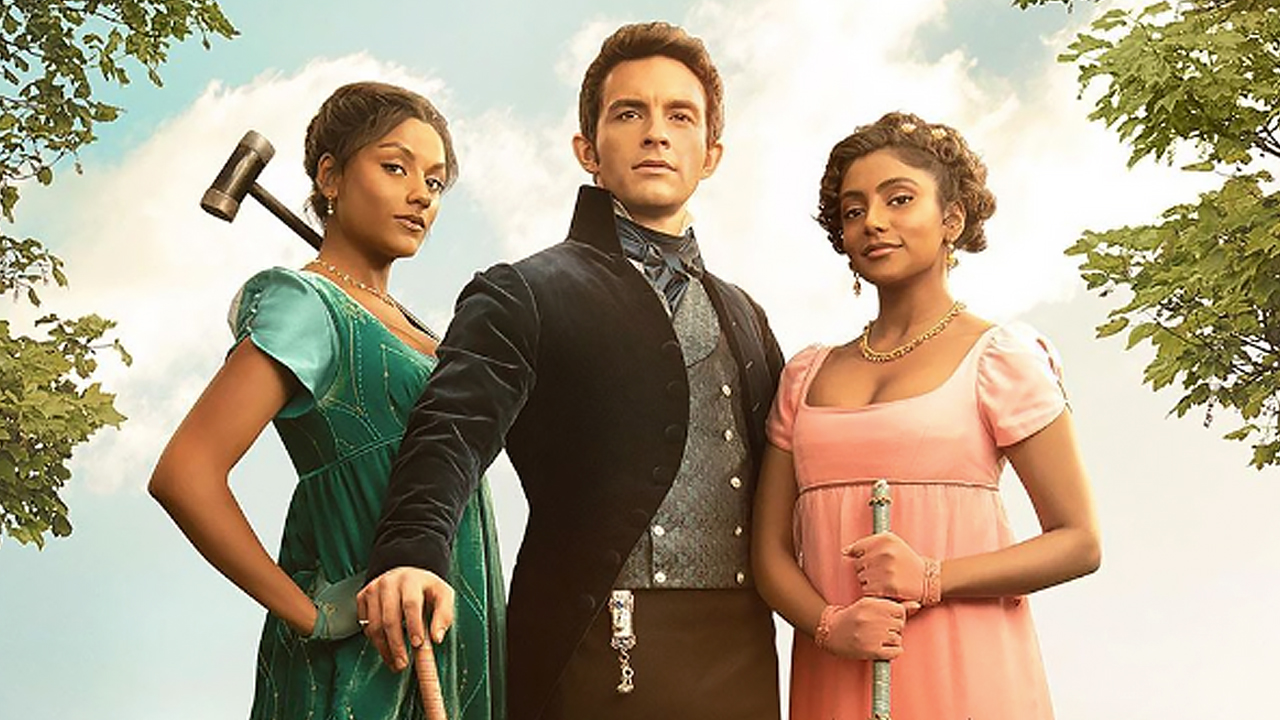Chatbots set their sights on writing romance

Although most would expect artificial intelligence to keep to the science fiction realm, authors are facing mounting fears that they may soon have new competition in publishing, particularly as the sales of romantic fiction continue to skyrocket.
And for bestselling author Julia Quinn, best known for writing the Bridgerton novel series, there’s hope that “that’s something that an AI bot can’t quite do.”
For one, human inspiration is hard to replicate. Julia’s hit series - which went on to have over 20 million books printed in the United States alone, and inspired one of Netflix’s most-watched shows - came from one specific point: Julia’s idea of a particular duke.
“Definitely the character of Simon came first,” Julia told BBC reporter Jill Martin Wrenn. Simon, in the Bridgerton series, is the Duke of Hastings, a “tortured character” with a troubled past.
As Julia explained, she realised that Simon needed “to fall in love with somebody who comes from the exact opposite background” in a tale as old as time.
And so, Julia came up with the Bridgerton family, who she described as being “the best family ever that you could imagine in that time period”. Meanwhile, Simon is estranged from his own father.
Characterisation and unique relationship dynamics - platonic and otherwise - like those between Julia’s beloved characters are some of the key foundations behind any successful story, but particularly in the romance genre, where relationships are the entire driving force.
It has long been suggested that the genre can become ‘formulaic’ if not executed well, and it’s this concern that prompts the idea that advancing artificial intelligence may have the capability to generate its own novel.
ChatGPT is the primary problem point. The advanced language processing technology was developed by OpenAI and was trained using the likes of internet databases (such as Wikipedia), books, magazines, and the likes. The BBC reported that over 300 billion words were put into it.
Because of this massive store of source material, the system can generate its own writing pieces, with the best of the bunch giving the impression that they were put together by a human mind. Across the areas of both fiction and non-fiction, it’s always learning.
However, Julia isn’t too worried about her future in fiction just yet. Recalling how she’d checked out some AI romance a while ago, and how she’d found it “terrible”, she shared her belief at the time that there “could never be a good one.”
But then the likes of ChatGPT entered the equation, and Julia admitted that “it makes me kind of queasy.”
Still, she remains firm in her belief that human art will triumph. As she explained, “so much in fiction is about the writer’s voice, and I’d like to think that’s something that an AI bot can’t quite do.”
And as for why romantic fiction itself remains so popular - and perhaps even why it draws the attention of those hoping to profit from AI generated work - she said that it’s about happy endings, noting that “there is something comforting and validating in a type of literature that values happiness as a worthy goal.”
Images: @bridgertonnetflix / Instagram
